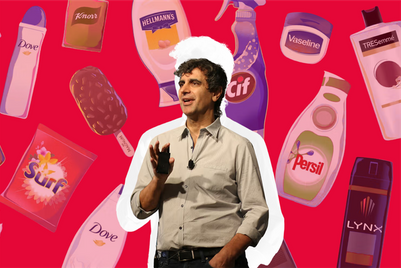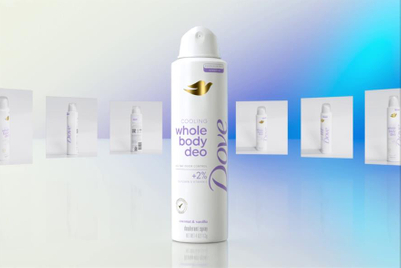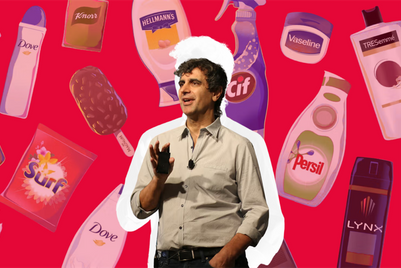
Unilever, the company behind brands such as Dove, Knorr, Pot Noodle and Lipton has announced the plan in London, Rotterdam, New Delhi and New York.
It aims to reduce its carbon footprint and source all its agricultural raw materials in a sustainable way, and to help over a billion people, mostly in developing countries, to improve their health and wellbeing over the next 10 years.
Unilever says that at least two thirds of greenhouse gasses and half the water produced from its brands and products’ lifecycle is generated by consumer use.
It has set out more than 50 economic, social and environmental targets to halve the greenhouse gas emissions, water and waste generated by itself, its suppliers and consumers of its products.
Paul Polman, chief executive of Unilever, said tackling sustainability challenges provides new opportunities to create sustainable growth for the company. He said, "It creates preference for our brands, builds business with our retail customers, drives our innovation, grows our markets and, in many cases, generates cost savings."
The company has said that it doesn't "have all the answers", and will need to work in partnership with customers, suppliers, governments and NGOs to succeed with its plan.
Polman said, "By halving the total carbon, water and waste impact of our products, primarily through innovation in the way we source, make and package them, we can help people make a small difference every time they use them.
"As our products are used two billion times a day in nearly every country in the world, our consumers’ small actions add up to make a big difference."
Unilever’s plan sets out additional goals to source its palm oil 100 per cent sustainably by 2015.
The company has said that it will improve the health and wellbeing of over a billion people by making safe drinking water more accessible in India.
It will work with Oxfam, the Rainforest Alliance and other charities to bring more than 500,000 smallholder farmers and small-scale distributors into its chain of suppliers.
Polman said, "There are billions of people who want the improvements to their health and wellbeing that everyday products like ours provide and who want to live sustainably.
"Our aim is to help people in developing countries improve their quality of life without a big increase in their environmental impacts, and to help those in developed markets maintain a good standard of living while reducing theirs."
Unilever is the second biggest global food and personal care company, distributing products in 170 different countries.
The sustainability announcement comes a month after its larger rival, Procter & Gamble, declared its sustainable business aim.
Its goals, which it aims to achieve by 2020, include: replacing 25 per cent of petroleum-based materials with sustainable ones; increasing the amount of renewable energy used in plants to 30 per cent; and reducing consumer packaging by 20 per cent.
It will also be working with conservation body WWF.
This article was first published on marketingmagazine.co.uk.




.jpg&h=334&w=500&q=100&v=20250320&c=1)
.jpg&h=334&w=500&q=100&v=20250320&c=1)
.jpg&h=334&w=500&q=100&v=20250320&c=1)
.jpg&h=334&w=500&q=100&v=20250320&c=1)
.jpg&h=334&w=500&q=100&v=20250320&c=1)







.jpg&h=268&w=401&q=100&v=20250320&c=1)
.png&h=268&w=401&q=100&v=20250320&c=1)
.jpg&h=268&w=401&q=100&v=20250320&c=1)
